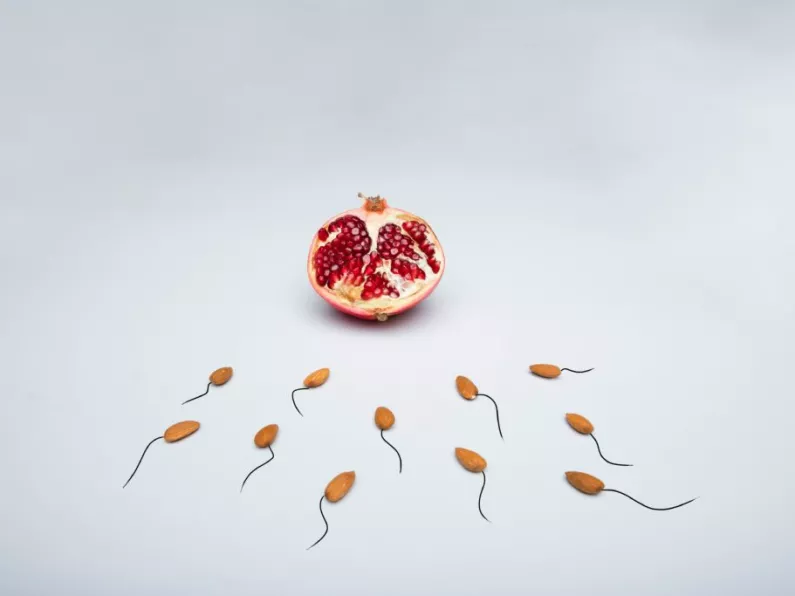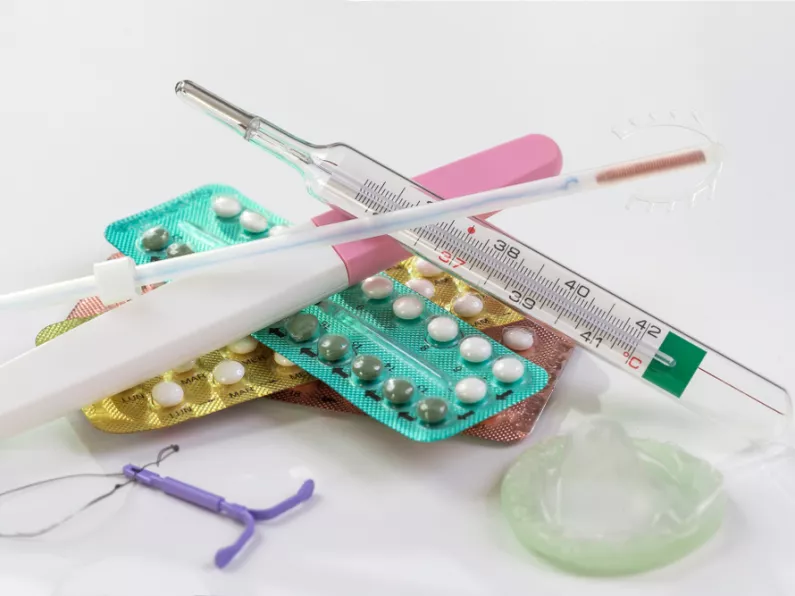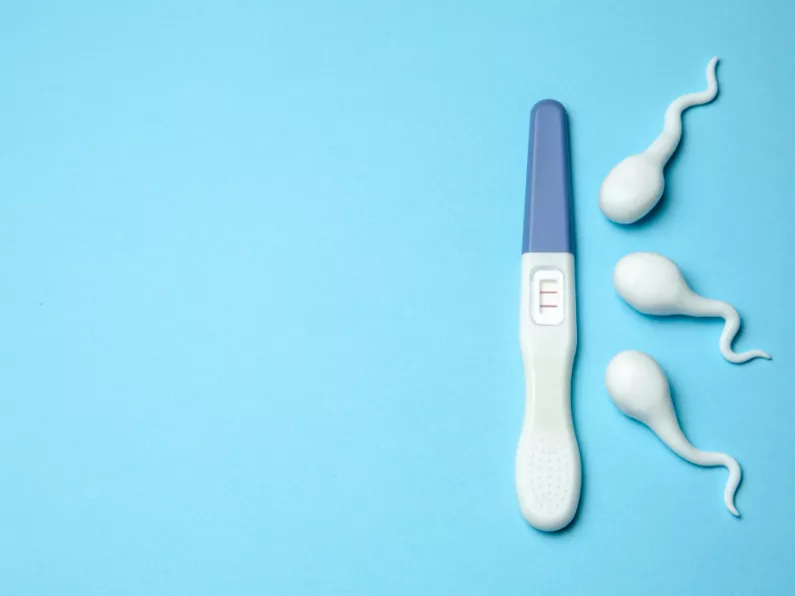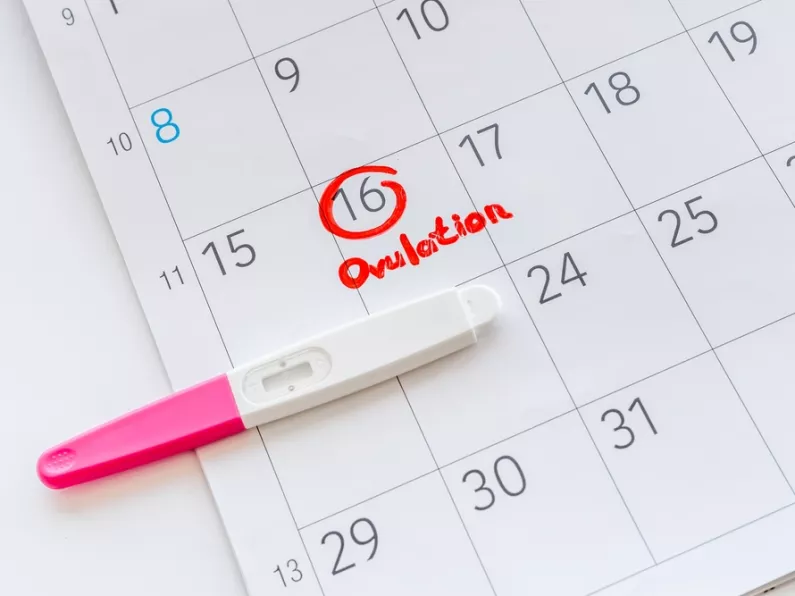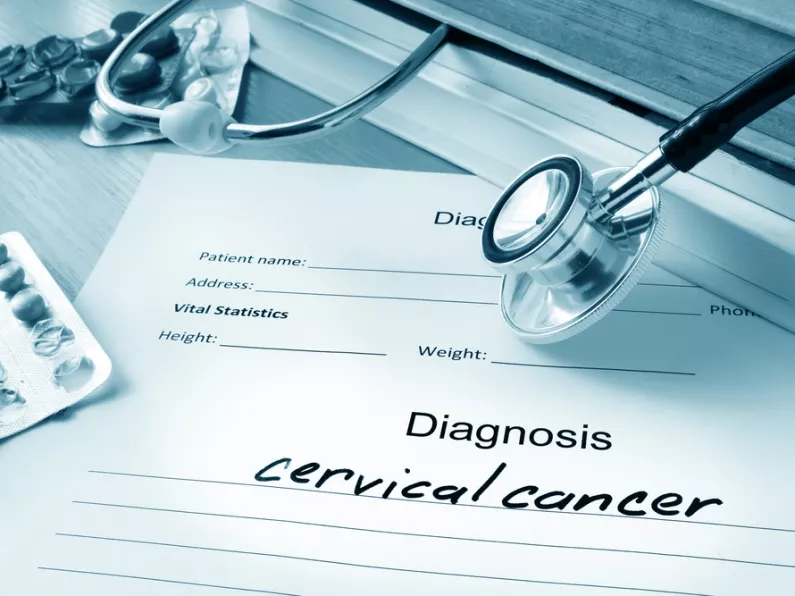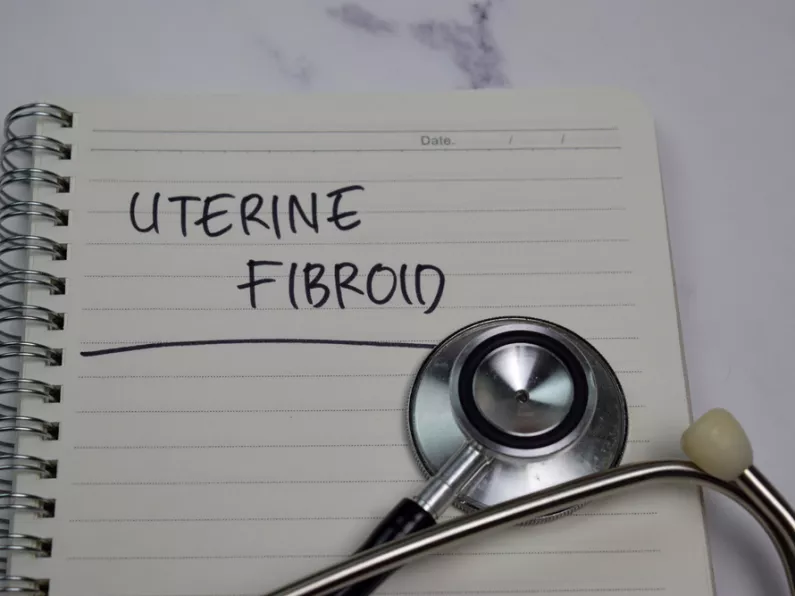According to the World Health Organisation, available data suggests that between 48 million couples and 186 million individuals have infertility globally.
Sadly, a lot of people associate infertility with shame and so it's a topic shrouded in secrecy and misinformation.
And those conditions are ripe for myths and 'fake news' to blossom.
True or false
To help you separate fact from fiction, we're unmasking 19 fertility myths and facts.
- Infertility is the woman’s fault: According to the American National Institute of Health, one-third of infertility cases are caused by male reproductive issues, one-third by female reproductive issues, and one-third by both parties or by unknown factors.
- Couples need to be trying for a year before seeing an OBGYN: Infertility is usually defined as one year of unprotected sex without conception. But this is merely a guideline. Women over the age of 35, those with a history of irregular periods, fibroids, endometriosis, ectopic pregnancy or multiple miscarriages should seek medical advice sooner. So should couples with a male history of surgery, infection or trauma to the genitals.
- Some sexual positions are better than others for conception: There's absolutely nothing to say one position is better than another for conception. What's important is having sex in your fertile window.
- Having sex two weeks before your period helps you to conceive: If you have regular periods, there’s an 85% chance you’re releasing an egg roughly 14 days before the start of your next period. But if you have irregular periods, it's more difficult to predict the day of ovulation.
- You can't get pregnant on your period: While it's unlikely, it's not impossible. If you have a short cycle, you could be ovulating just after your period. So you could be fertile very early in your cycle when you are still bleeding.
- Putting your legs in the air after sex helps you get pregnant: Just like with sexual positions, there's no science to support this myth.
- Prescription drugs don't affect fertility: Some antidepressants can interfere with normal ovulation. Even certain anti-nausea medications can alter prolactin levels. So if you're on medication and want to get pregnant, it’s important to check with your doctor.
- Ovulation kits can help you get pregnant: You pee on a stick, like with a pregnancy kit, and it measures a hormone in your urine that can only be produced when you’ve released an egg.
-
Advertisement
The best time to conceive is when you’re in the mood: There is some evidence to suggest that when you're in the mood for sex, you're more likely to get pregnant because arousal changes your vaginal secretions, helping sperm travel better.
- Orgasms increase chances of pregnancy: Obviously men have to orgasm to ejaculate, but women don't need to orgasm to conceive. In fact, female orgasms through penile penetration only occur 25% to 33% of the time.
- Having a high or low BMI affects fertility: Being overweight is a significant factor in infertility because it causes hormonal imbalances and problems with ovulation. But equally, being underweight can cause your periods to become irregular - or to stop completely. If you're trying to conceive, make sure you have varied diet, exercise regularly and maintain a healthy weight.
- You should cut down on alcohol if you’re trying for a baby: Cutting down on alcohol while trying to conceive is advisable for both men and women.
- Tight underwear and trousers damage sperm count: Men should wear loose boxers to maximise sperm count and quality as sperm are best produced in the cool.
- You’re more likely to conceive when you stop stressing: Stress is damaging for both men and women when trying to get pregnant.
- Smoking damages fertility: Smoking cuts the blood flow to the uterus and lowers sperm count and quality.
- Phases of the moon affect menstruation: There is absolutely no correlation, even though some women call their period their “moon time.”
-
Foods affect fertility: There's little evidence that eating specific foods would have any effect one way or the other, but having a healthy, balanced diet is important for our overall wellbeing and for maintaining a healthy weight.
- The human papillomavirus vaccine (HPV) can cause infertility: A large study involving more than 199,000 women showed there is no association between the two.
- Male fertility doesn't decrease with age: When you look at some older celebrity dads, it's easy to believe men can reproduce at any age. But the truth is that both sexes experience an age-related decline in fertility. For women, the decline begins in their 30s, and for the aging male, erectile dysfunction increases with age, and the quality of seminal fluid and sperm also declines.

